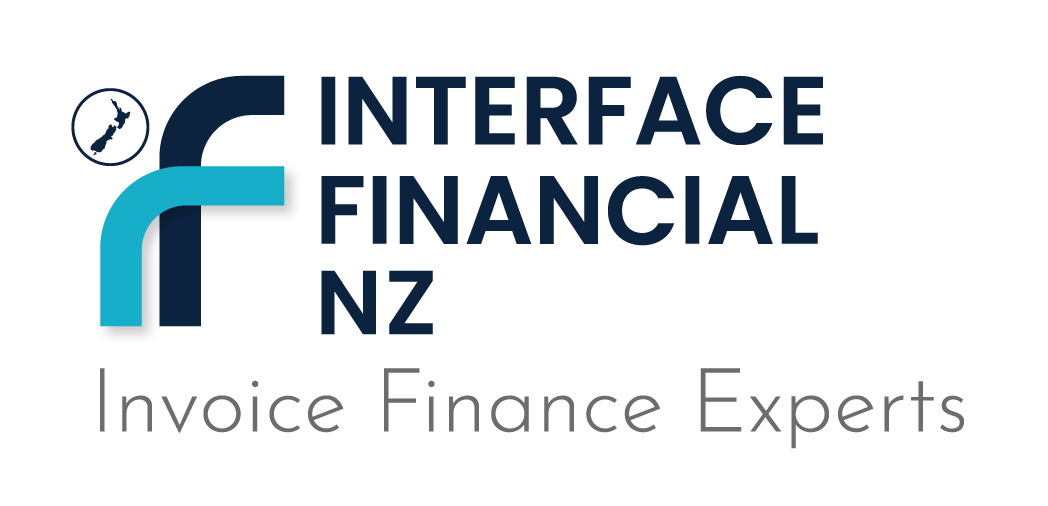Is employer bias robbing business of real talent? (December 6, 2022)
A common criterion that Kiwi employers apply to candidates is an answer to the question ‘are they a good fit?’ But what if being a good fit isn’t actually a good thing for the business?
Ask yourself, do we select All Blacks because they are the ‘right fit’ or because they are the best candidate for the position?
Employment coach and director of recruitment company M2M (Move to More) Kathryn Sandford believes that finding the right ‘fit’ is a significant reason behind much of New Zealand’s talent shortage.
The employer, or person doing the job interviews, will have their own personal bias, which in turn creates this inertia we call ‘business as usual’. Sandford said the standard thinking about who we employ needs to be challenged because New Zealand is presently struggling with a talent and labour shortage as it emerges from the ravages of the Covid-19 pandemic.
The NZIER’s Quarterly Survey of Business Opinion showed that lack of labour is the biggest constraint for businesses.
“Worldwide staff shortages leave New Zealand companies with little choice but to rethink how they look for talent. By seeking the right ‘fit’ we risk falling prey to people’s biases since the right person often requires minimum change from the business itself. A candidate becomes attractive simply because they can slot into business-as-usual and hit the ground running.
“While that’s mostly fine during normal times, it unnecessarily limits the pool of great candidates in a tight labour market. It can be easy to overlook excellent talent completely,” Sandford said.
A good example, Sandford said, is the all-too-common case of internal staff being overlooked when the opportunity arrives for them to develop their skills and shine in their desired role. Instead, a talent search begins to hire someone from outside the company.
“When they see this happen, talented internal staff can quickly become discontent and may consider it a better move to resign and go where they are valued.
“It’s easy to look for easy wins by bringing in outside talent. But if internal talent already fits with the culture, why not spend the resources on developing them into the role?” she said.
The problem with limiting a talent search to people with the right cultural “fit” is that it tends to ignore those with genuine skills, even if it means re-arranging the company’s processes to accommodate them better.
“Human bias is natural. But it is important to look for someone who could ‘add’ to your company culture by bringing a diversity of thought to the role. In professional sports, the right team members are chosen not based on who the coach likes but on who is best for the job. Athletes on the same team sometimes come to blows because they are not a ‘fit,’ but they are best at their job. The coach’s job is to get the team to collaborate—not select people based on how well they get along.
Adopting a “cultural add” mindset rather than “cultural fit” is about switching from the frame of scarcity to thinking from abundance.
“The world of work is changing. It is different to what it was pre-Covid. People now have different priorities in how they want to work and who they want to work with,” Sandford said.
Sandford offered some key points to consider when looking for talent in a tight labour market.
- Look within yourself
Biases are hard to spot at the best of times, let alone when embedded deeply in one’s mind. But overcoming biases can be a competitive advantage, especially if it helps attract and retain skilled talent.
“It is important to learn to select people for the right values and what they can add to the company. The criteria should be that they bring respect, truthfulness and adaptability. A growing company needs a diversity of thought, innovation and creativity,” Sandford said.
- Behavioural structure
Changing biases and searching for hidden talent depends on authentically altering behaviour and business processes; otherwise, it is all just window dressing, Sandford said.
“Put some structure around behaviours. Focus on learning to listen. Don’t interrupt. And in every engagement, always bring a solution. What does the diversity of thought mean to you, and how have you demonstrated that? These are all crucial for thinking genuinely differently.”
- Take leadership seriously
Some people are born with leadership tendencies, but no one is born with leadership capabilities. Those must be learned and practised. By upskilling in leadership skills, you can better defend against biases.
“Don’t be afraid to recognise a weakness in your approach; make sure you find a way to strengthen that weakness. Spend time learning self-management to understand your patterns and better choose how you respond rather than react. Understand the roles you play and your expected output as a leader,” Sandford said.




